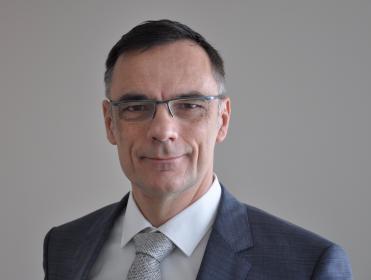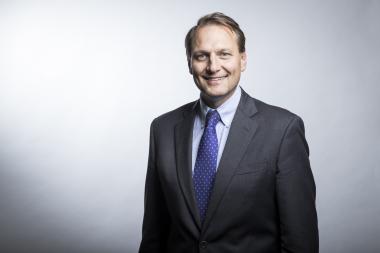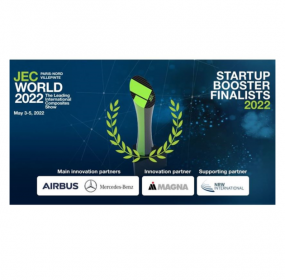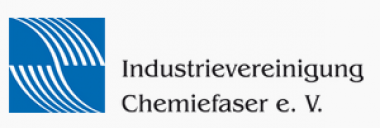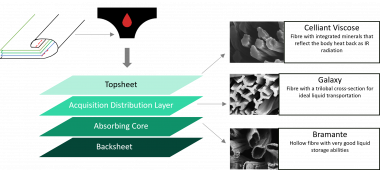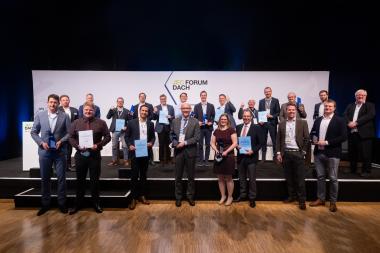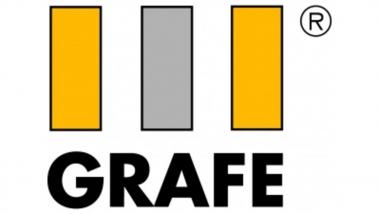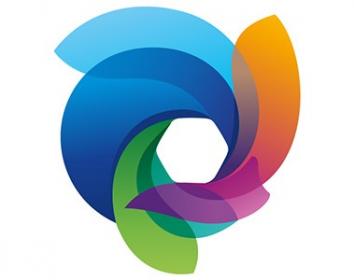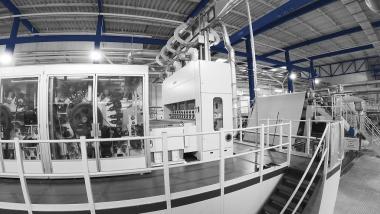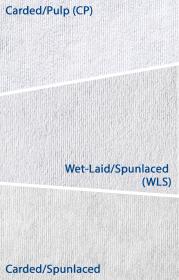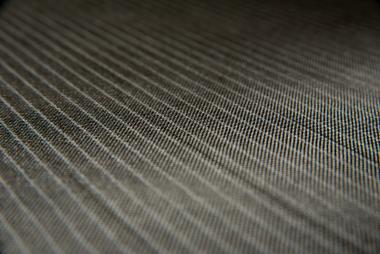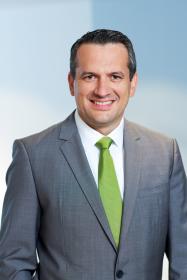Stephan Sielaff appointed as new CEO of Lenzing AG
-
Stephan Sielaff replaces interim CEO Cord Prinzhorn
-
CFO Thomas Obendrauf will not extend his contract
-
Chairman of the Supervisory Board Peter Edelmann will no longer be available as Chairman at the end of the Annual Shareholders’ Meeting
-
Cord Prinzhorn returns to Supervisory Board and will take over as Chairman
The Supervisory Board of Lenzing AG has appointed Stephan Sielaff, the former CTO/COO of Lenzing AG, as the new CEO effective April 01, 2022. He succeeds Cord Prinzhorn, who took over as interim CEO in the fourth quarter of 2021. Cord Prinzhorn will return to the Supervisory Board of Lenzing AG. The Managing Board will thus be reduced again from five to four members.
Stephan Sielaff holds a degree in chemical engineering and held various management positions at Unilever and Symrise from 1993 to 2014. Between 2014 and 2020, he was responsible for the strategic development of the company as a Member of the Board of Directors (COO) at the Swiss specialty chemicals company Archroma – an important supplier of the textile and paper industry. He was appointed Chief Technology Officer and COO of Lenzing AG as of March 01, 2020.
CFO Thomas Obendrauf has informed the Supervisory Board that he will not be available for a further extension of his contract, which expires in June 2022. The Supervisory Board of Lenzing AG is already working on a timely replacement. Mr. Obendrauf will be available to the company in an advisory capacity until a successor is appointed.
Peter Edelmann will leave the Supervisory Board upon his own request, effective April 26, 2022. Cord Prinzhorn will return to the Supervisory Board and will take over as Chairman.
Lenzing AG
Lenzing AG


